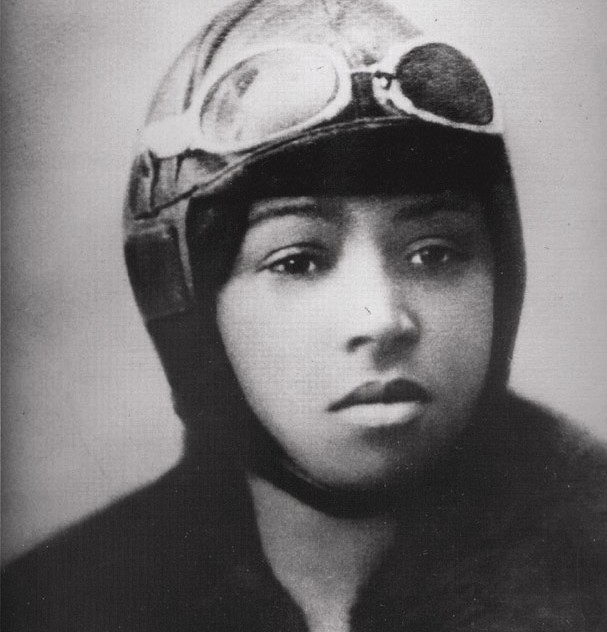Aviation has come a long way since its birth on the sand dunes of Kitty Hawk. It largely respects ability, skill, and experience above all and is blind to a pilot’s color, gender, or creed. But that wasn’t always the case. Nearly 100 years ago, one woman took an unlikely path to her goal and quietly started the revolution to open the sky to all in the process.
Bessie Coleman was born the tenth child of 13 to sharecropper parents in Georgia. Seeing their plight, she sought to rise above her circumstances—attending college for a semester, working as a beautician in Chicago, and learning whenever and wherever she could.
One of her brothers, a veteran of World War I who had returned home, shared with the family stories from Europe and laid a challenge before his sister: “I know something that French women do that you’ll never do—fly!”
Bessie was up to the challenge, but given the racial inequalities in the United States at the time, Bessie couldn’t find anyone to teach her. So she left for France in late 1919 to earn her wings, and on June 15, 1921, she became the first civilian-licensed African-American pilot in the world.
After advanced training, she returned to the United States and leveraged her fame to become an aerial performer, starting in 1922 in New York. She toured the country barnstorming in borrowed planes, parachute jumping,and giving lectures to raise money for an African-American flying school. Traveling through the southeastern United States, Bessie conducted a series of lectures in black theaters and opened a beauty shop in Orlando to help her save money for her own airplane and the planned school. Continuing to fly the air show circuit, Bessie refused to perform unless the audiences were desegregated and all attendees used the same gates.
In April 1926, Bessie purchased her airplane—a war-surplus JN-4. However, on April 30, on a test flight with her mechanic and publicity agent, 24-year-old William D. Wills, the plane malfunctioned due to poor maintenance and went into a spiraling dive. Bessie was thrown from the plane at 2,000 feet. Both she and Wills were killed.
Bessie Coleman knew full well the dangers of being a pilot. In her words, “The air is the only place free from prejudice.” This quote best sums up Coleman’s courage, passion, and skill. Her determination to fly—no matter the obstacles in her way—continues to be an inspiration to all who dare to dream.In observance of Black History Month, and with Women in Aviation Day quickly approaching, we recognize Bessie Coleman for her amazing contributions to aviation.
